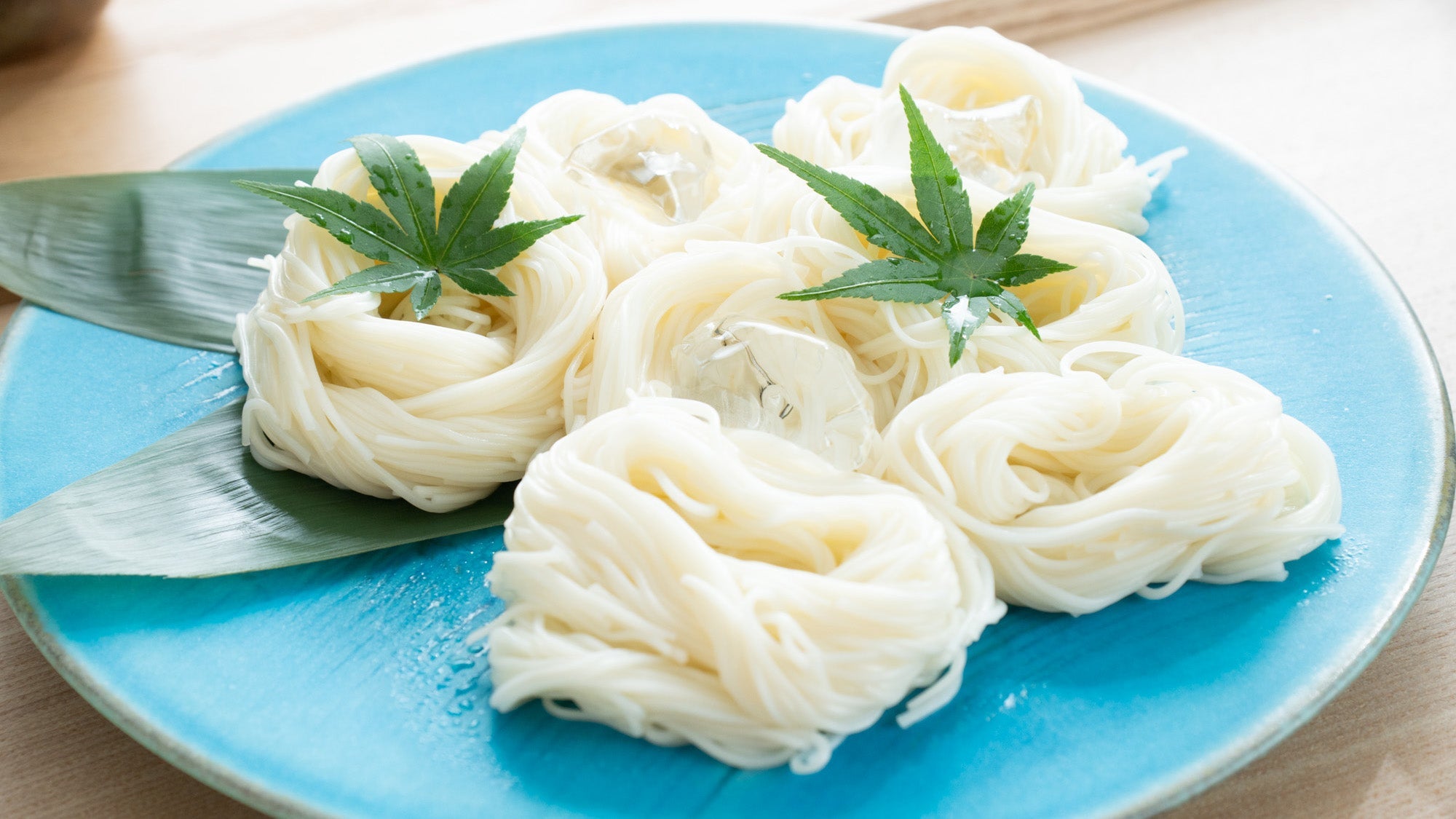
How to Savor Japanese Somen: Your Refreshing Summer Noodle Guide
Written by Team MUSUBI
Delicate, silky, refreshing, and slightly chewy, somen noodles are beloved during the hot and humid Japanese summers. Chilled and paired with a light dipping sauce, these thin pale-white noodles are the perfect remedy for hot days when you’re not in the mood for a heavy meal. Whether arranged artfully in a bamboo tray or flowing playfully as nagashi somen, the dish captures the joy of summer dining in Japan.
In this guide, we’ll explore the beauty of somen, from how it’s made and served to the pairings that elevate it from a simple dish to a seasonal experience.
Table of contents
A Taste of Tradition: What Is Somen?

Somen are fine noodles made from wheat flour, salt, and water. Measuring less than 1.3 mm (about 0.05 in) in diameter, they’re thinner than udon or hiyamugi, although the noodles are made with the same simple ingredients. They're prized for their smooth texture and subtle flavor, which are created by stretching, drying, and maturing the noodles.
Hand-pulled versions contain vegetable oil to help stretch the noodles. They are labeled tenobe somen(hand-stretched somen), which is highly prized. Stretching the dough develops a central gluten structure, giving hand-stretched somen a firmer bite and smoother, rounder texture than machine-made noodles. Machine-made noodles are made by rolling the dough and then thinly cutting the noodles. Due to the lack of developed gluten, machine-made somen has a softer texture without the characteristic chewy texture of hand-pulled noodles.

Regions such as Shodoshima in Kagawa Prefecture, Miwa in Nara, and Banshu in Hyogo are renowned for their high-quality tenobe somen, with traditions passed down through generations.
When summer arrives, somen is most commonly enjoyed as the minimalist zaru somen and the family-friendly nagashi somen. Both bring a unique joy to summer dining, especially when the heat dulls one’s appetite.
The Art of Serving Somen
Chilled Somen: The Classic Way
Zaru somen is a timeless presentation where cold somen are arranged on a tray and served with a chilled dipping sauce called tsuyu. The key to perfect somen lies in its preparation:
1. Use a large pot of boiling water to allow the noodles to move freely.
Drain excess water and serve.

2. Boil briefly, usually for one to two minutes.

3. Drain and transfer to a bowl with ice water to stop the cooking and firm the texture.

4. Drain excess water and serve.

Nagashi Somen: The Flowing Noodle Experience

Nagashi somen, often enjoyed in the countryside or during summer festivals, turns dining into a whimsical game of catch. Noodles are sent flowing down a bamboo chute with running water, and diners stand by to catch them with chopsticks as they flow by. The experience is as much about fun as food; it’s an invitation to gather, laugh, and cool off together.
While traditional nagashi somen requires equipment that is not readily available, home versions are available in the form of tabletop somen pools that bring the magic indoors.
The Perfect Dipping Sauce: Tsuyu & Toppings
Preparing the Tsuyu

The heart of the somen experience is the dipping sauce, or tsuyu, which is a blend of dashi (Japanese soup stock), soy sauce, and mirin. You can easily find commercial tsuyu or mentsuyu at any grocery store or make your own by simmering kombu (kelp), katsuobushi (dried bonito flakes), soy sauce, and mirin.
Chill the tsuyu before serving and pour it into small cups for dipping.
Enhancing Flavor with Toppings
The noodles have little flavor, so toppings add flavor, color, and personality to each bite. Below are the classic and creative additions.

Classic toppings:
Grated ginger
Chopped green onions
Shredded nori seaweed
Julienned shiso leaves
Sliced myoga (Japanese ginger)
Toasted sesame seeds
Shichimi togarashi (seven-spice powder)

Creative variations:
Chopped tomatoes
Canned tuna or mackerel
Scrambled eggs
Kimchi
Sliced cucumbers or tsukemono (Japanese pickles)
Elevating the Experience with Thoughtful Tableware
Choosing the Right Tableware
Japanese dining is not only about taste; it’s also about presentation. The right tableware can transform a simple bowl of noodles into a celebration of summer.
Bamboo trays offer a traditional, breezy feel and help keep noodles cool and prevent them from sticking to each other. This round tray features a detachable bamboo strainer, crafted using traditional Yamanaka lacquerware to evoke the ambiance of an authentic eatery. Available in black, brown, or vermilion, its design efficiently drains excess water while ensuring easy cleanup.
This choko cup, designed as a dipping bowl, includes a small condiment plate ideal for finely chopped spring onions and a touch of wasabi. The multifunctional plate can also function as a lid or coaster. Both the cup and plate feature a hand-painted ichimatsu pattern—a geometric grid evoking eternity, growth, and prosperity.
This charming boat-shaped plate doubles as a ginger grater, expertly crafted from robust Banko ware for a satisfying heft. It's evenly spaced, sharp spikes finely grate ginger without leaving behind extra fibers. Enjoy the added delight of creating your own toppings to elevate your dining experience.
Crafted from glass, this sauce plate gleams with a crystalline translucence that catches the light beautifully. Ideal for summer, its cool visual appeal sets the stage for refreshing culinary experiences. Whether you're showcasing vibrant toppings or serving a delightful dip, this plate brings both elegance and functionality to your meal.
This fan-shaped sauce plate, with its uniquely delightful design, is sure to add an extra spark of elegance to your dining table. Its playful form not only serves as a captivating focal point during summer tables but also infuses every meal with a touch of refined artistry. Ideal for showcasing sauces or condiments, this charming piece transforms everyday dining into a celebration of style and creativity.
Pairing with Refreshing Drinks

Complete your somen meal with cooling beverages that enhance its subtle flavors:
Cold mugicha (barley tea): nutty, caffeine-free, and refreshing. Suitable for all ages.
Chilled green tea: a crisp and smooth tea with hints of umami. For a refined touch, look for sencha or gyokuro.
Cold sake: pairs beautifully with somen, especially light, floral varieties served in glass or porcelain cups.
This celadon yunomi Japanese teacup boasts a delicately textured surface and a graceful, soothing hue that elevates any green tea tasting experience. Perfect for moments of mindful relaxation, this teacup transforms a simple tea ritual into an artful celebration of taste and culture.
A Moment to Savor
More than a dish, somen is a way to embrace the essence of Japanese summer. Whether you’re recreating the endlessly customizable zaru somen or the laughter-filled flow of nagashi somen, it’s a chance to slow down and savor the season’s best.
So this summer, invite the art of somen to your table with these cool noodles, beautiful tableware, and the gentle rhythm of seasonal dining.










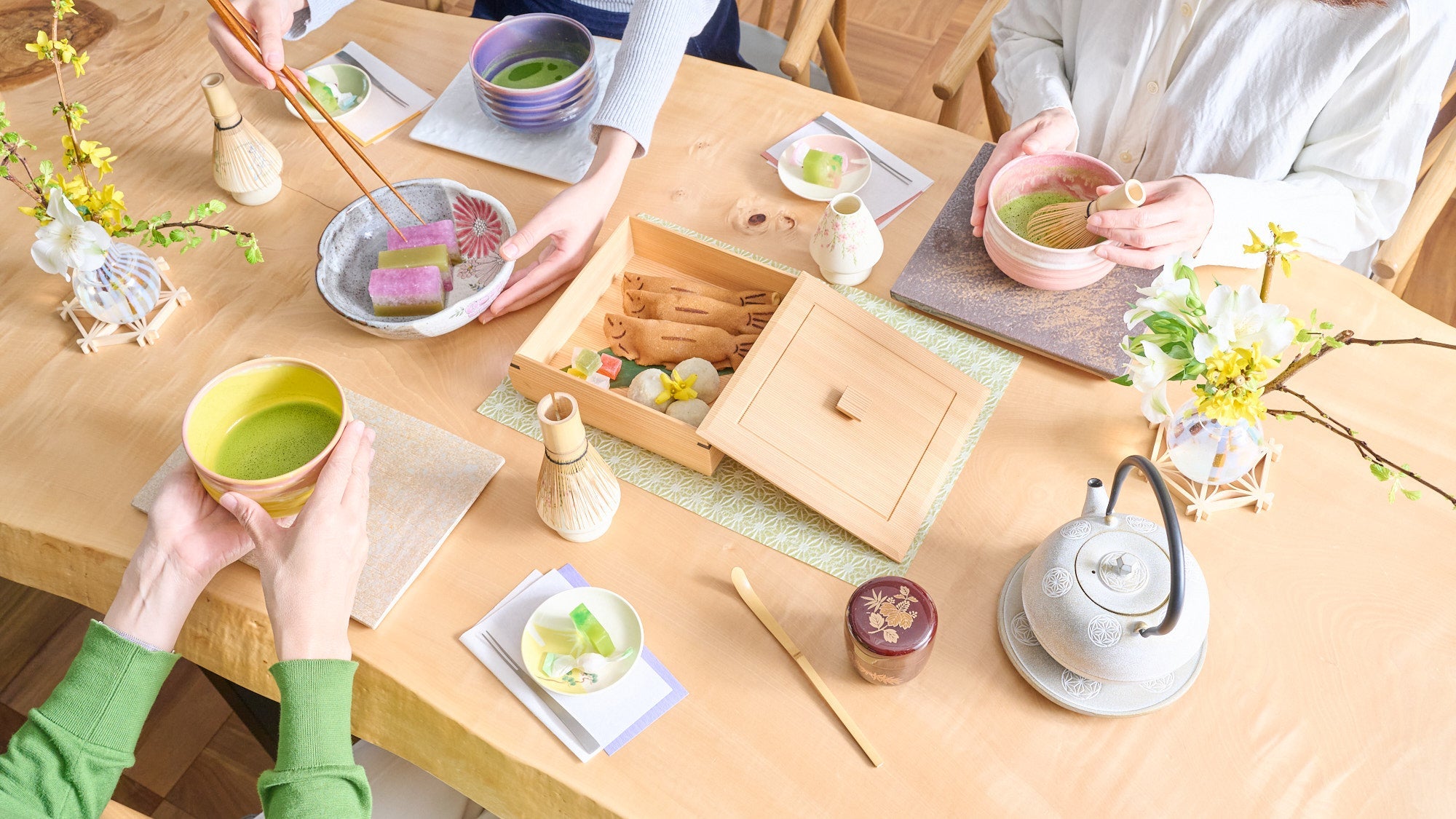
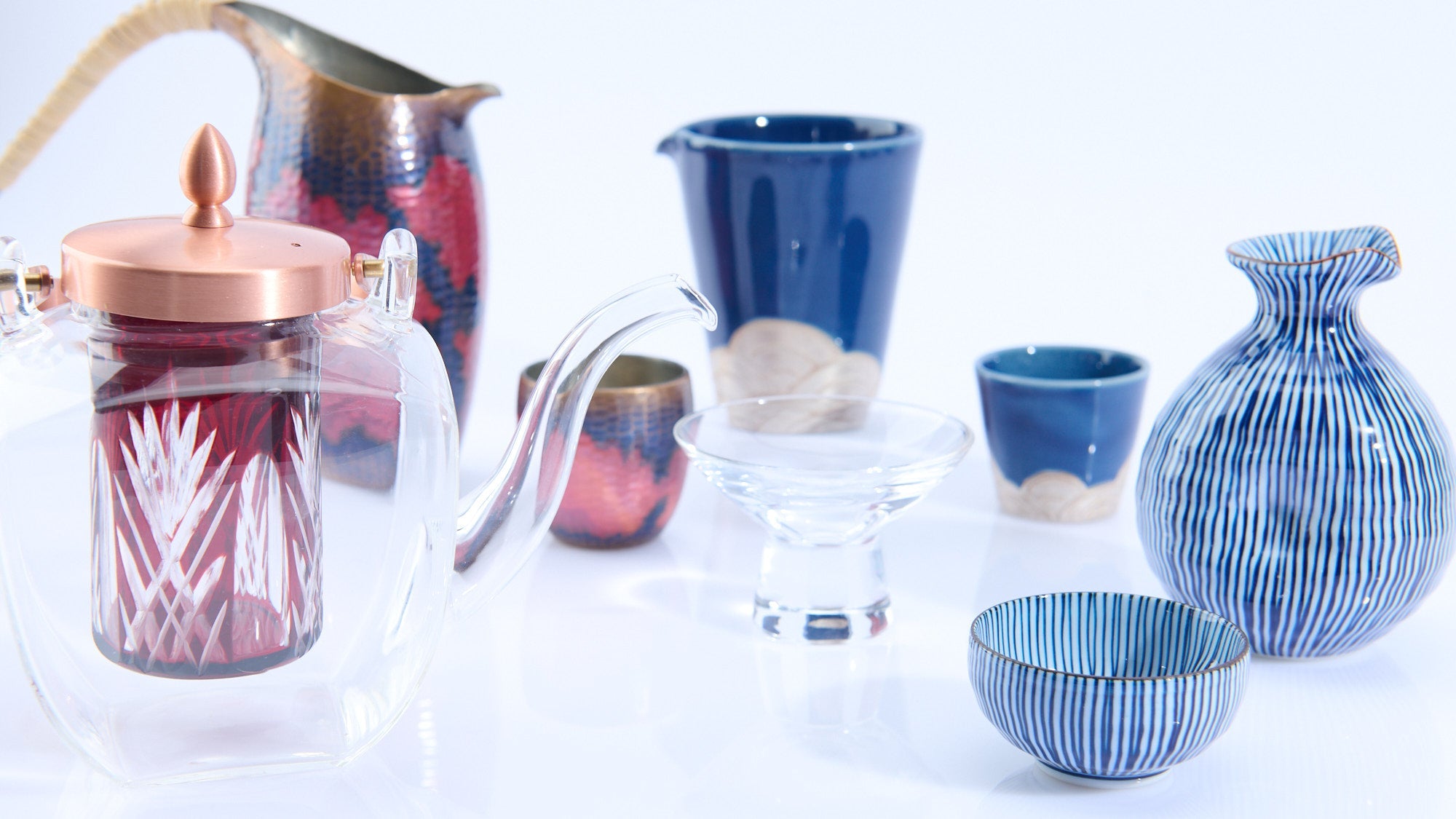
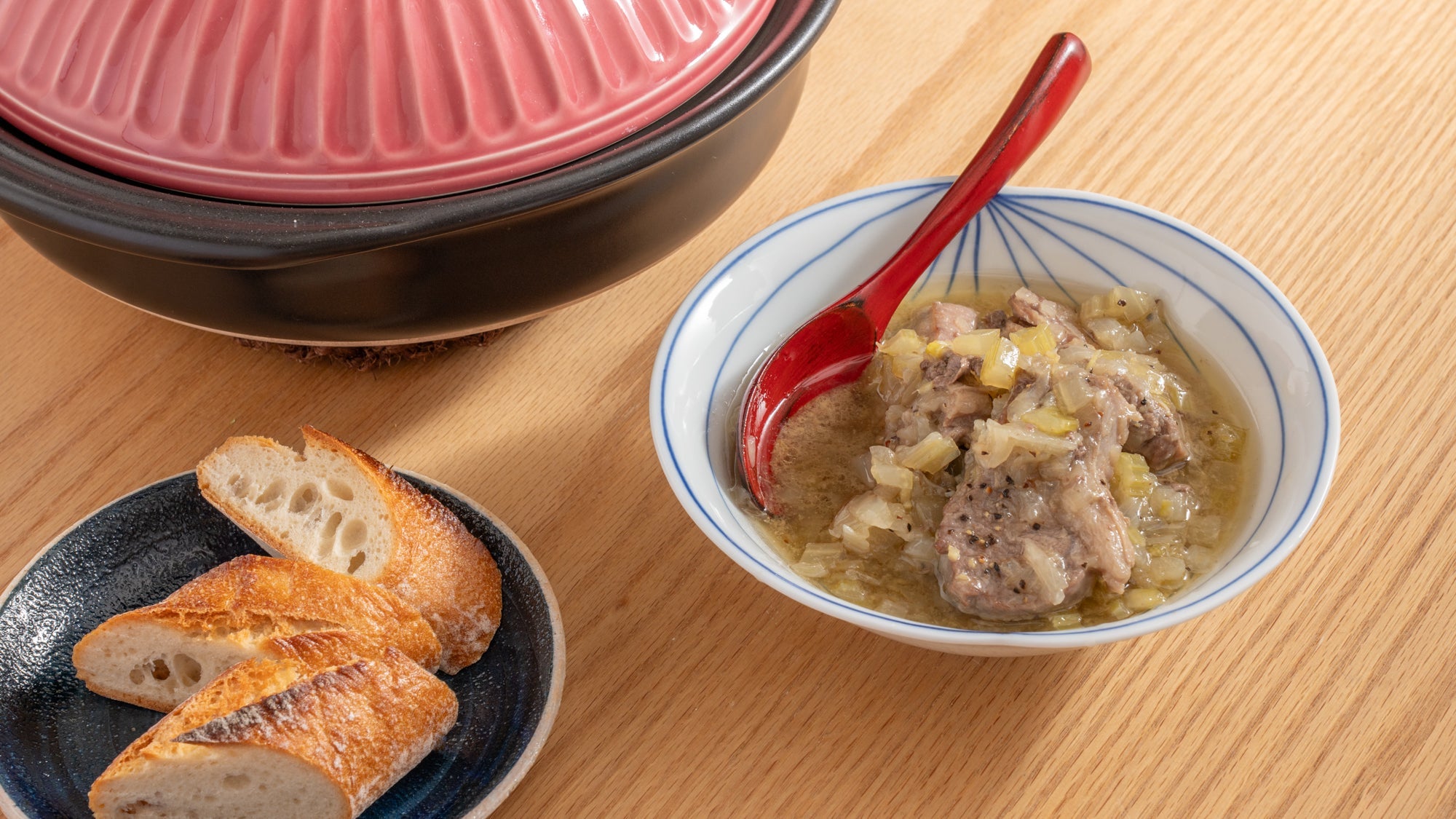
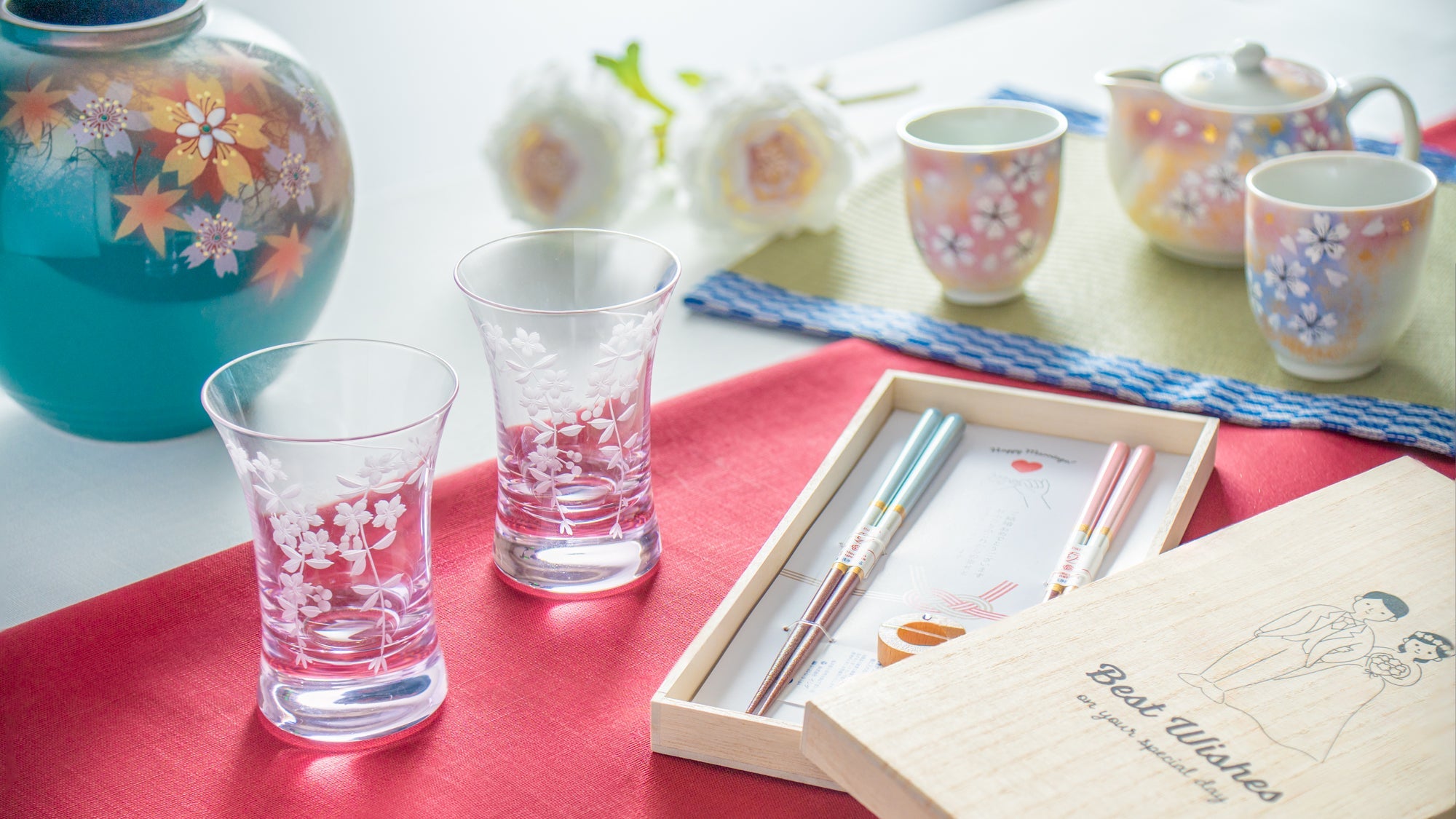
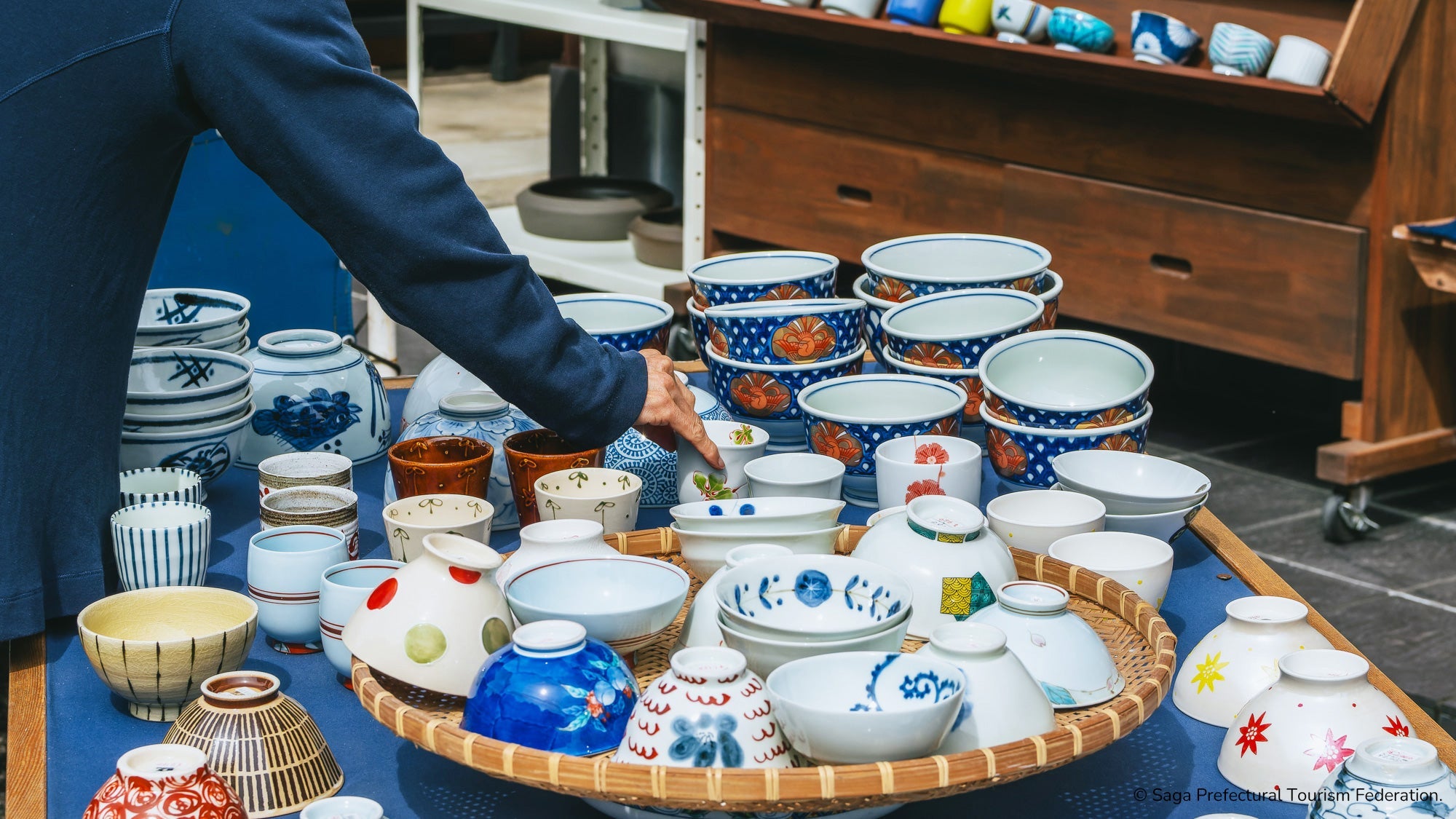
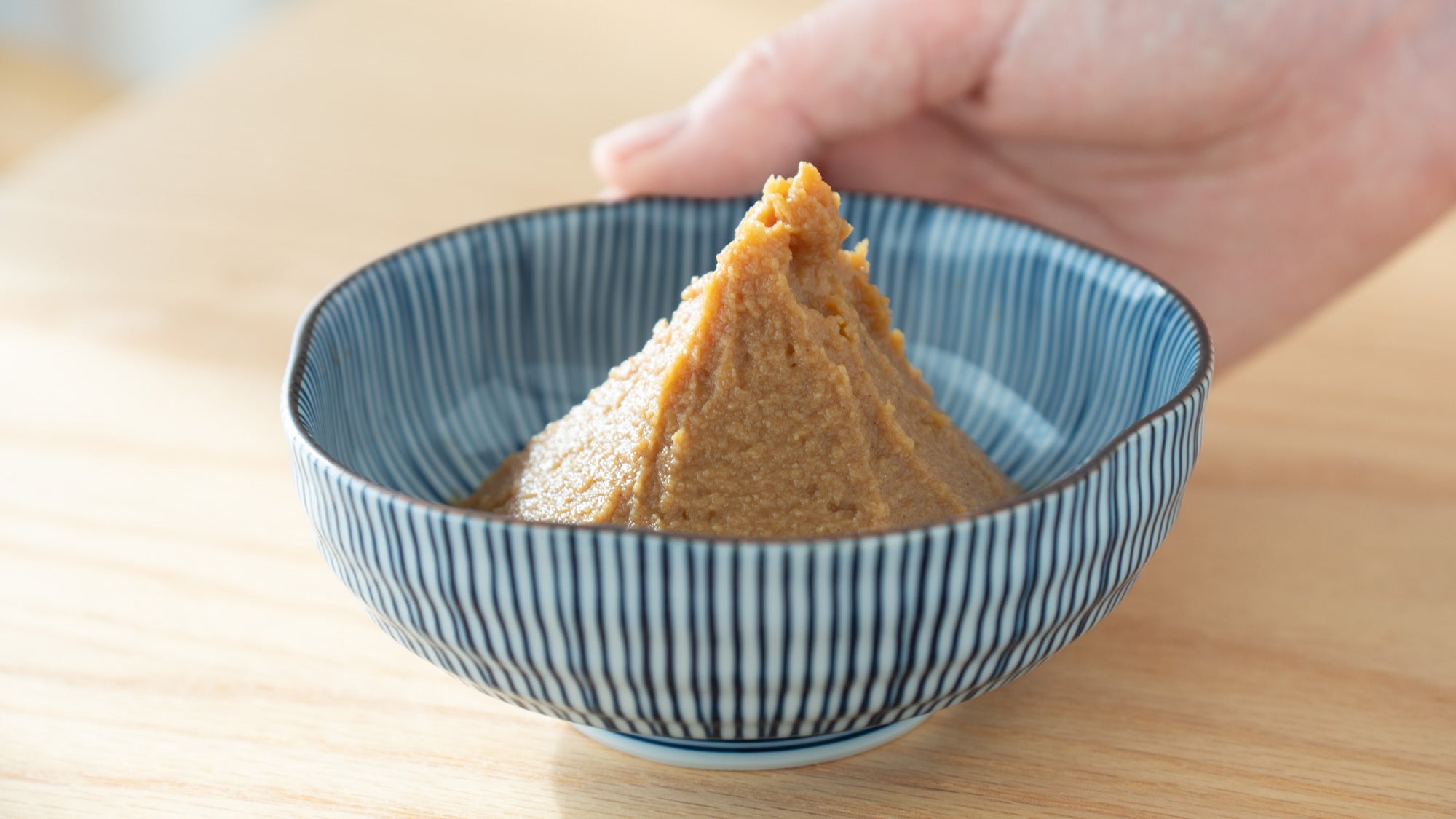
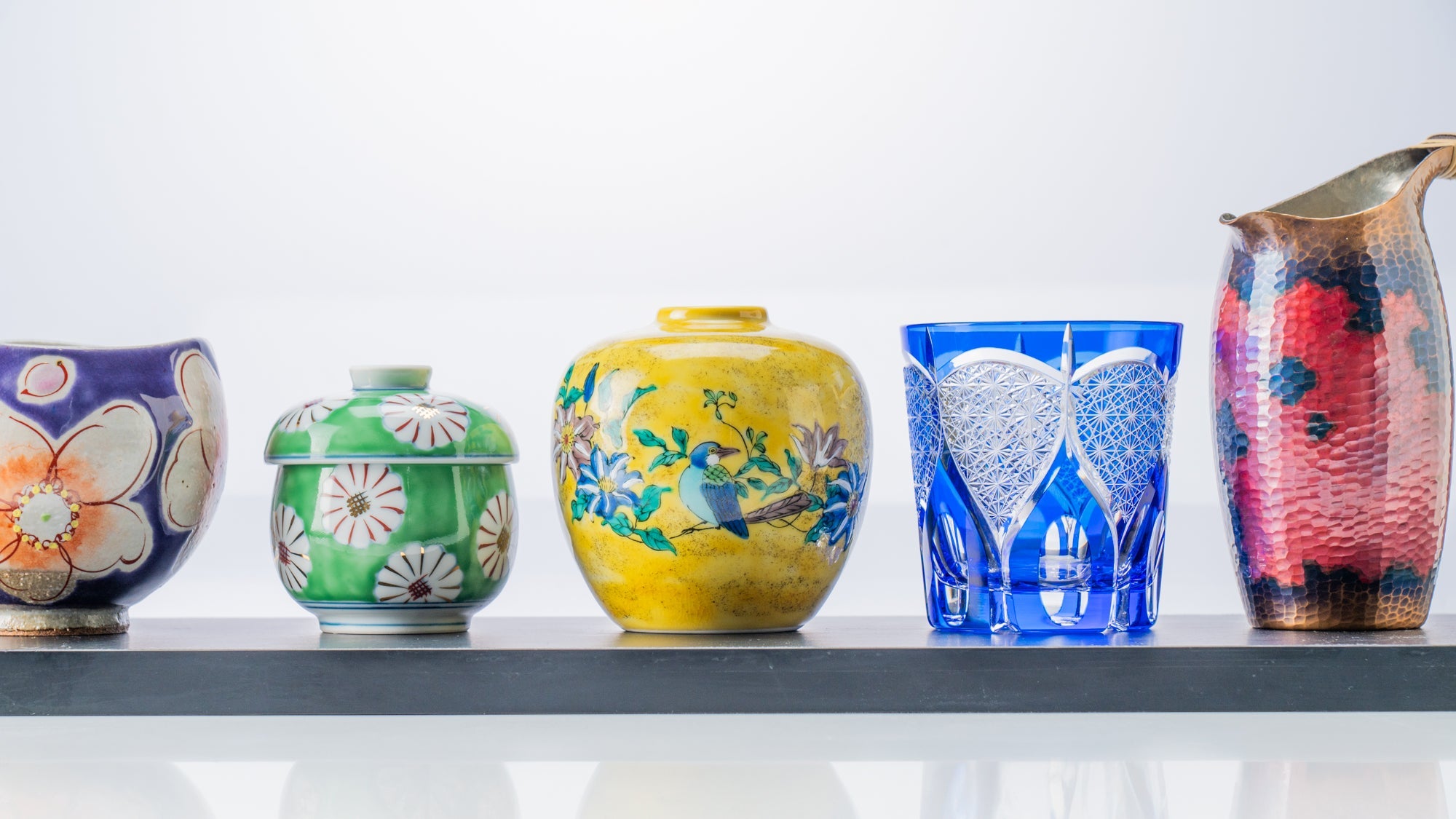
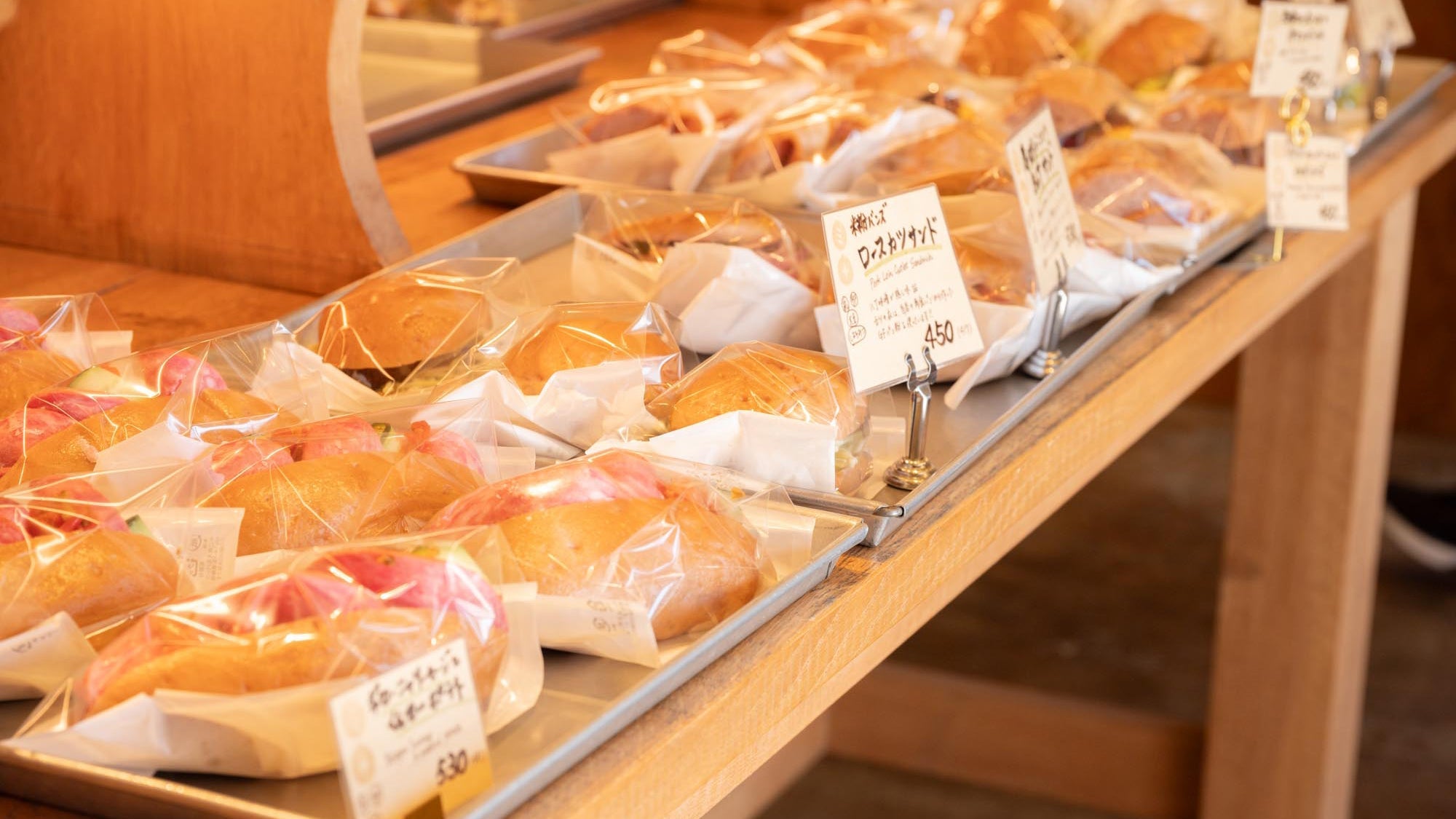

Leave a comment
This site is protected by hCaptcha and the hCaptcha Privacy Policy and Terms of Service apply.